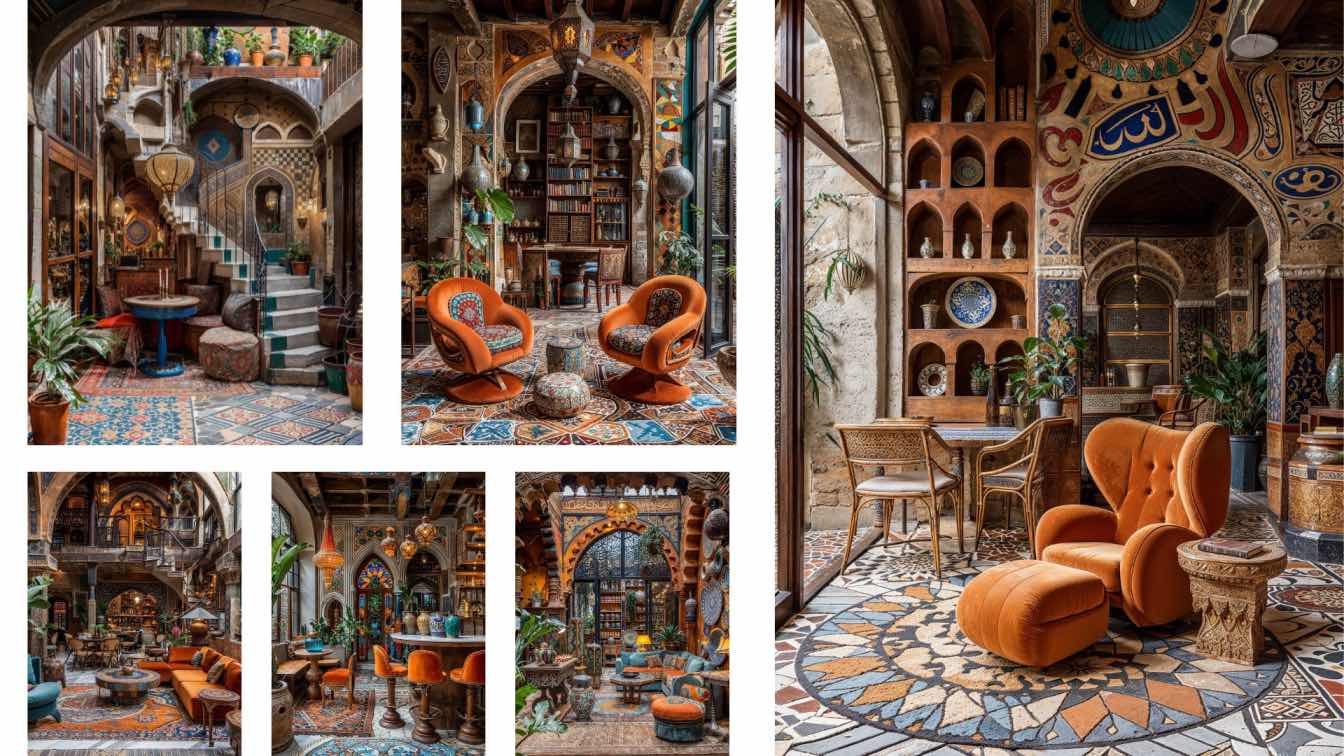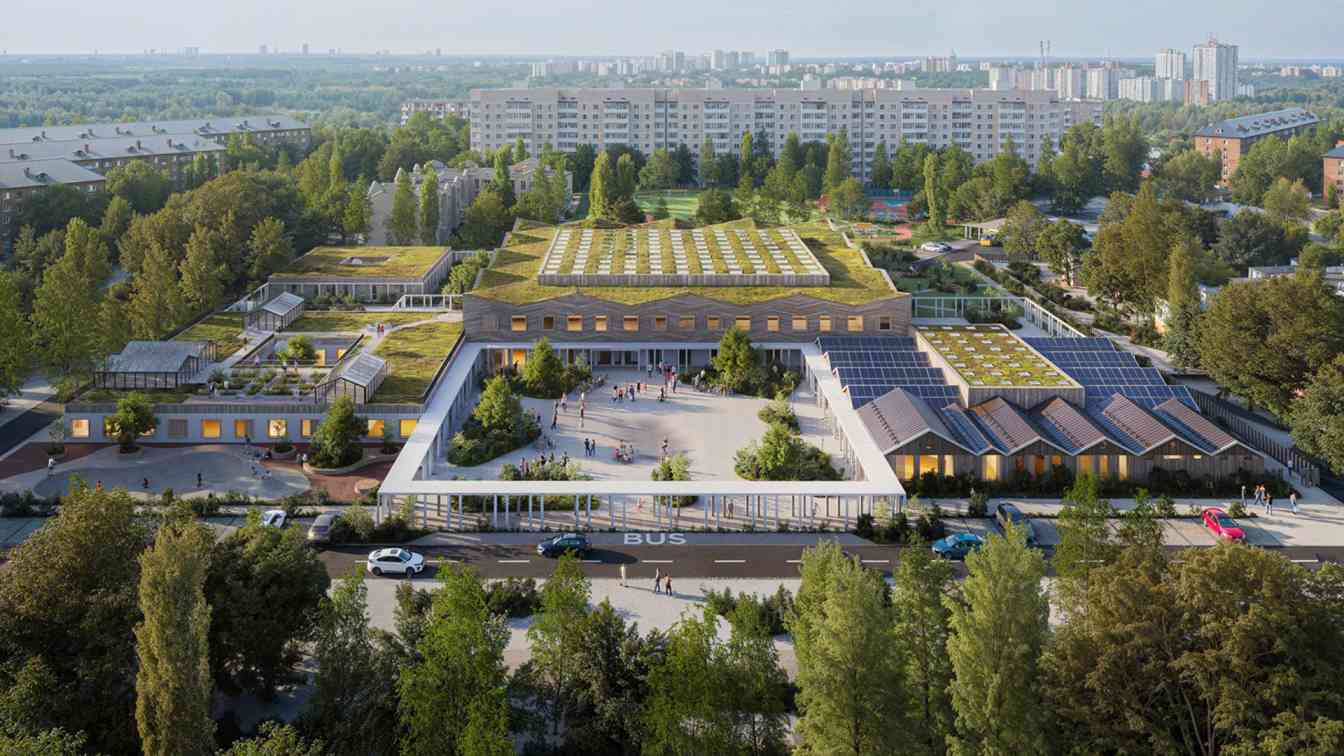Hassan Ragab: To reclaim some form of a "novel" or "authentic" visual identity in big Ai models is such an interesting endeavor that doesn't come without challenges. It requires a level of open-mindedness towards traditional practice, bias, aesthetics, and accepting what might seem arbitrary in some instances.
While contemplating visual identity and its importance in design, one thing that becomes evident is the lack of it in a modernized world. Visual vocabularies are just as important as our names and our appearances. Globalization has brought an enforced bias towards progress and its significance, which has come hand in hand with a bias towards uniformity and generic aesthetics. This often leads to an absence of visual identity, which in turn could mean an absence of identity itself.
But again, are identities important? Well, I don't think there is a generic answer to that. Perhaps it's based on societies. For example, in the US, the meaning and importance of identity depend on the demographics and the circumstances under which the country was founded, which in turn impacts the visual representation of such identity.On the other hand, in Egypt, it's different due to unique circumstances that include the dimension of time and the politics that continue to shape the culture. Some people want to hold on to their identities, while others don't bother with it.
For me, identities serve two purposes: they act as an accumulative element to show a path that I can understand, and they provide a way to represent myself in an ever-changing world.
For better or worse, I can't escape who I am and where I come from. Although the true origin of all identities is exactly the same, I find the diversity and intersection of identities to be one of the most beautiful things to emerge from the human experience. And now, with generative AI, these questions are being questioned, re-questioned, and reinterpreted while being endangered by politics, technology, and modern biases.
"Identity on the verge of collapse." A series about, well, you guessed it, personal and cultural identity in the post-modern world.













